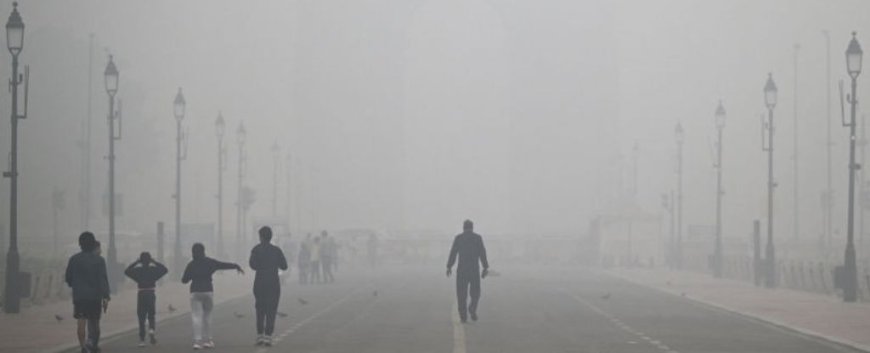Air Pollution Linked to DNA Mutations in Lung Cancer Cases Among Non-Smokers
A recent genome study has found a strong association between outdoor air pollution and DNA mutations related to lung cancer in non-smokers. The more pollution individuals were exposed to, the more mutations were found in their lung tumors. While not directly causing lung cancer, air pollution contributes to the evidence suggesting its possibility.

Lung cancer cases are increasing in non-smokers globally, with air pollution potentially playing a role. A genome study revealed a strong link between outdoor pollution and DNA mutations associated with lung cancer, both common in smokers and unique to non-smokers. The more pollution exposure, the more mutations in lung tumors. While not directly causing cancer, air pollution adds to the evidence of its potential impact.
Researchers analyzed 871 non-smokers with lung cancer from various regions, finding higher pollution areas had more TP53 and EGFR mutations and shorter telomeres. Those in polluted regions were four times more likely to have specific DNA signatures compared to cleaner areas. Secondhand smoke had minimal mutagenic effects, unlike air pollution and tobacco smoking.
In the US, 10-20% of lung cancer cases are in non-smokers or light smokers. Air pollution's comparison to smoking remains unclear, but some studies suggest polluted air equals a pack a day. The study delved into molecular mechanisms, finding unique mutational signatures in non-smokers, opening new research avenues.
Despite limitations, the findings support the idea that air pollution may promote lung tumor growth akin to cigarette chemicals. The urgent global issue requires further investigation to better understand its impact on non-smokers.
According to the source: ScienceAlert.
What's Your Reaction?
 Like
0
Like
0
 Dislike
0
Dislike
0
 Love
0
Love
0
 Funny
0
Funny
0
 Angry
0
Angry
0
 Sad
0
Sad
0
 Wow
0
Wow
0















































































































































































